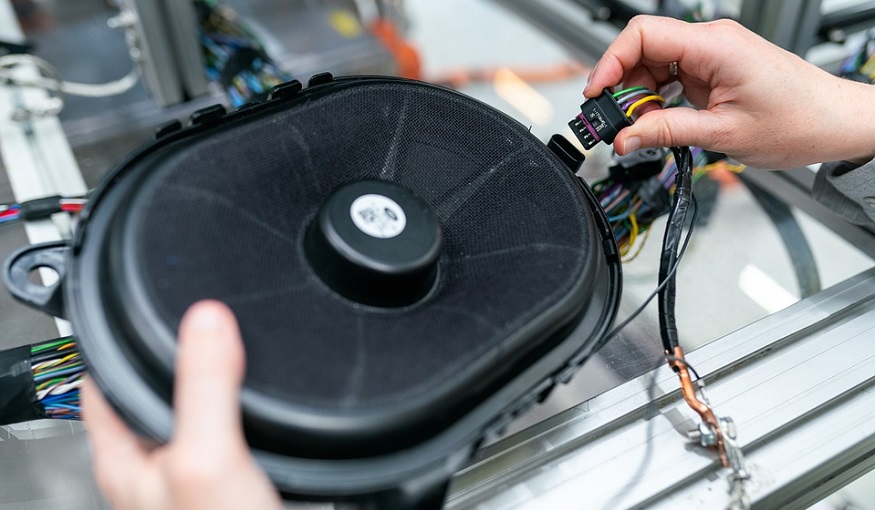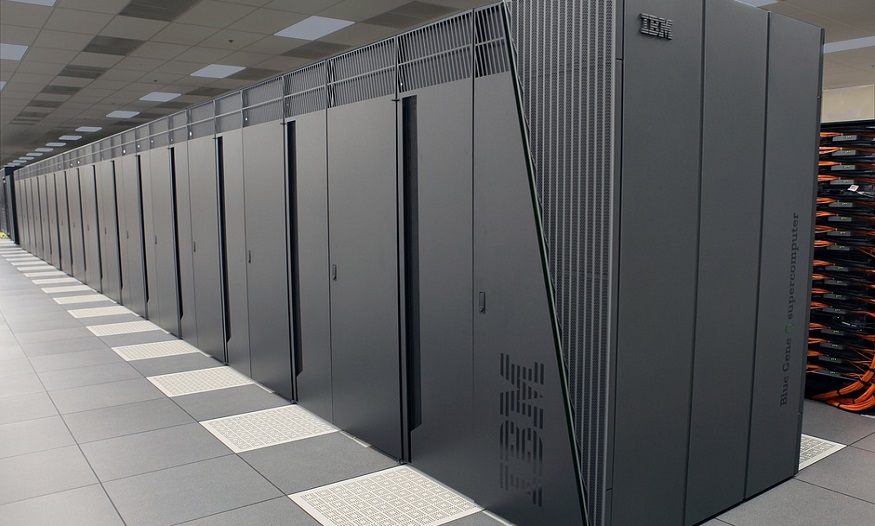
E-fuel draws Japanese automaker attention as a battery electric alternative
August 12, 2020The renewable energy is made by combining hydrogen with carbon dioxide through innovative tech.
E-fuel is attracting automaker attention as they seek out new opportunities for green and renewable energy that could provide an alternative to battery electric vehicles (EVs).
This type of renewable energy is made from water and carbon dioxide as an alternative to fossil fuel.
Japanese automakers have found the idea of e-fuel to be particularly appealing for powering cars and trucks. While EVs have been the most popular gasoline and diesel alternative so far, and hydrogen fuel cell vehicles have been making some headway, this option is offering a third green alternative with quite the draw.
Europe has also had its eye on e-fuel as it seeks out a carbon neutral alternative to petroleum fuels for transportation vehicles from passenger cars to transport trucks, cargo ship and planes. This is a considerable portion of the EU’s effort to reach carbon neutrality by 2050.
The automakers from Japan have been conducting considerable e-fuel research to determine its viability as a green EV alternative energy. This will be important not only for domestic use but especially for international use. Many substantial markets, such as Europe, are expected to introduce much tighter vehicle emissions standards in coming years. In face 2030 will be an important time for setting firm new regulations for the industry and Japan’s automakers want to be prepared to comply.
E-fuel is made using water and carbon dioxide which can be produced with renewable energy.
This liquid fuel is produced when electrolysis is used on water to extract the hydrogen. Innovative technology then allows it to react with carbon dioxide, producing the renewable fuel product. Using this product and capturing atmospheric carbon dioxide to make it results in a carbon neutral way of powering vehicles. Its use does not produce net greenhouse gas emissions.
The appeal over electric vehicles is in the energy density of e-fuel over rechargeable batteries. In this way, it can improve range for passenger cars, trucks, planes, trains, buses, and ships, among  other vehicles. It may also help Japan to reach its own emissions targets and its plans to become a “hydrogen society.”
other vehicles. It may also help Japan to reach its own emissions targets and its plans to become a “hydrogen society.”



 With over 15 years of reporting hydrogen news, we are your premier source for the latest updates and insights in hydrogen and renewable energy.
With over 15 years of reporting hydrogen news, we are your premier source for the latest updates and insights in hydrogen and renewable energy.